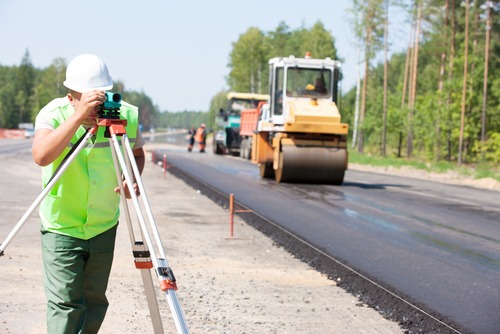
U.S. Sens. Roger Wicker (R-MS) and Debbie Stabenow (D-MI) introduced legislation that would give state and local governments more flexibility regarding infrastructure costs.
The Lifting Our Communities through Advance Liquidity for Infrastructure (LOCAL Infrastructure) Act of 2021 would amend the federal tax code to give state and local governments the ability to use advance refunding to manage bond debt and reduce borrowing costs for public projects.
The senators said the legislation could provide a break for local communities dealing with the economic effects of the COVID-19 outbreak.
“The coronavirus pandemic has placed enormous stress on state and local governments,” Wicker said. “Restoring advance refunding would help state and local governments manage their existing debts and help free up additional capital for much-needed local projects related to infrastructure, including water and wastewater systems, healthcare, education, and other essential activities. At a time when interest rates are at historic lows, Congress should allow our local governments to seize this opportunity and pass along savings to their communities.”
The legislation responds to calls from state and local leaders for the federal government to provide more support to communities still reeling from the impact of the coronavirus outbreak on their budgets.
“Over the past year, I’ve heard first-hand from local leaders about the strain the COVID-19 crisis is putting on state and local budgets. That’s why I partnered with Senator Wicker to introduce the LOCAL Infrastructure Act, which will make it less expensive for state and local governments to invest in hospitals, roads, schools, and other critical infrastructure,” Stabenow said.
Advance refunding allows state and local governments to refinance outstanding municipal bonds to take advantage of better borrowing rates before the end of the initial bond term on a tax-exempt basis, similar to a homeowner refinancing a mortgage.
The senators’ legislation is supported by The National League of Cities, United States Conference of Mayors, National Association of Counties, National Conference of State Legislatures, American Hospital Association, American Public Power Association, American Society of Civil Engineers, American Public Works Association, National School Boards Association, Government Finance Officers Association, and National Association of Bond Lawyers, among other organizations.